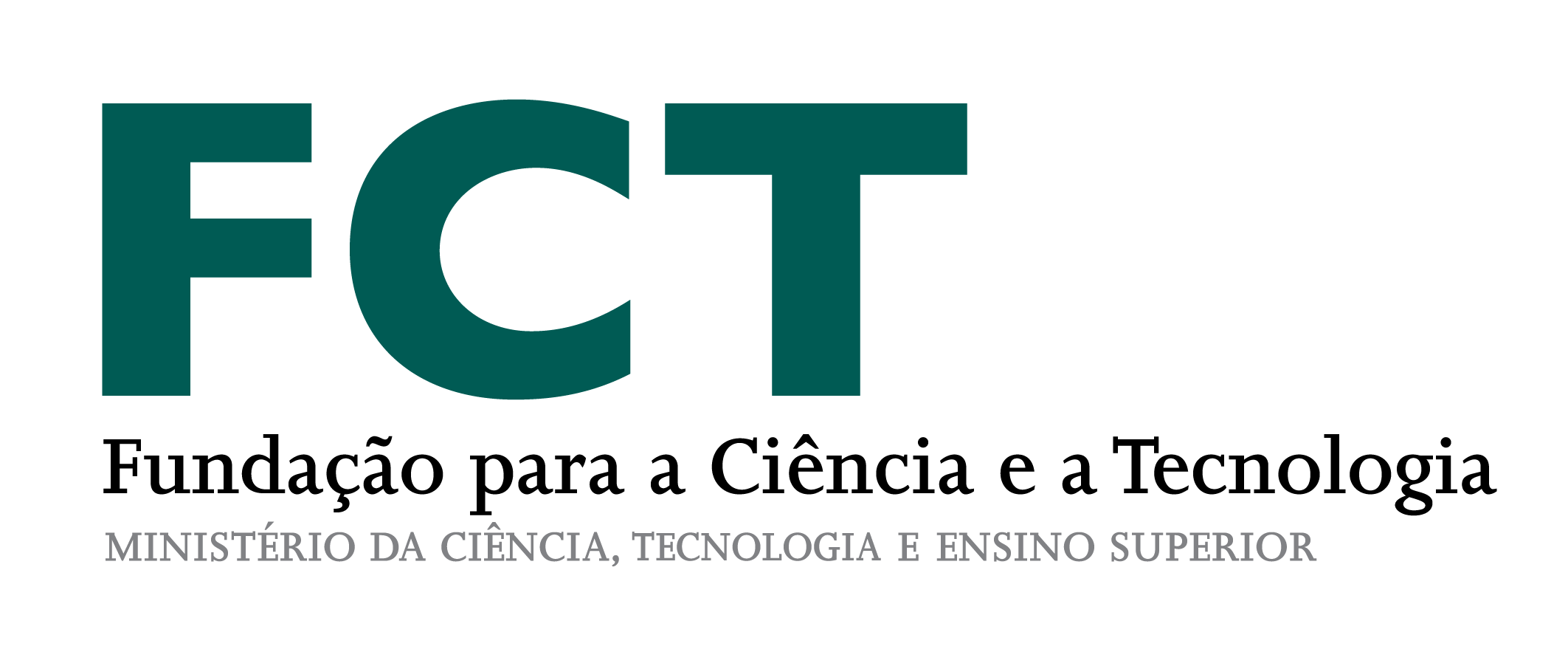Margarida Rendeiro
Centro de Humanidades (CHAM), Universidade Nova de Lisboa, Faculdade de Ciências Sociais e Humanas, Portugal
https://orcid.org/0000-0002-8607-3256
No More Invisible Marias: A Decolonial Interpretation of Luísa Semedo’s “Eu empresto-te a Mariá” (2020) and Manuella Bezerra de Melo’s Um Fado Atlântico (2022)
Although the postcolonial European imaginary describes multicultural European societies, this trait was built at the expense of cheap workforce, often considered easily assimilated and integrated (Jerónimo & Monteiro 2020). As Víctor Pereira (2015) argues on the Portuguese case, emigrants were never heard. This article discusses “Eu empresto-te a Mariá” and Um Fado Atlântico whose protagonists are immigrant women servants, and argues that these narratives question the patriarchal and classist mindset underlying the neocolonial power over the Other, the immigrant woman in this case. The humanizing narrative representation of the immigrant woman is an act of resistance that deconstructs the postcolonial and capitalist myth of integration.
Keywords
subaltern women, peripheries, invisibility, neocolonialism, resistance
Embora o imaginário europeu pós-colonial descreva sociedades europeias multiculturais, este traço foi construído à custa de mão-de-obra barata amiúde considerada como facilmente assimilável e integrável (Jerónimo & Monteiro 2020). Porém, como defende Víctor Pereira (2015) sobre o caso português, os emigrantes nunca foram ouvidos. O artigo discute “Eu empresto-te a Mariá” e Um Fado Atlântico, protagonizados por subalternas imigradas, argumentando que estas narrativas questionam o pensamento classista e patriarcal subjacente ao poder neocolonial sobre o Outro, neste caso, a mulher imigrante. A representação narrativa humanizada da imigrante é uma forma de resistência que desconstrói o mito pós-colonial e capitalista sobre integração.
Palavras-chave
subalternas, periferias, invisibilidade, neocolonialismo, resistência
No más Marías invisibles: una lectura decolonial de “Eu empresto-te a Mariá” (2020), de Luísa Semedo, y Um Fado Atlântico (2022), de Manuella Bezerra de Melo
Si bien el imaginario europeo poscolonial describe sociedades europeas multiculturales, este rasgo se construyó a expensas de mano de obra barata, muchas veces considerada como fácilmente asimilable e integrable (Jerónimo & Monteiro 2020). Como defiende Víctor Pereira (2015) sobre el caso portugués, los emigrantes nunca fueron escuchados. Este artículo analiza “Eu empresto-te a Mariá” y Um Fado Atlântico, protagonizadas por subalternas inmigrantes, y argumenta que estas narrativas cuestionan el pensamiento clasista y patriarcal que subyace al poder neocolonial sobre el Otro, en este caso la mujer inmigrante. La representación narrativa humanizada de la mujer inmigrante es una forma de resistencia que deconstruye el mito poscolonial y capitalista sobre la integración.
Palabras-clave
subalternas, periferias, invisibilidad, neocolonialismo, resistencia
DOI: https://doi.org/10.22355/exaequo.2023.47.04

Direitos de autor: Creative Commons – CC BY NC
 Direitos de autor: Creative Commons – CC BY NC
Direitos de autor: Creative Commons – CC BY NC











